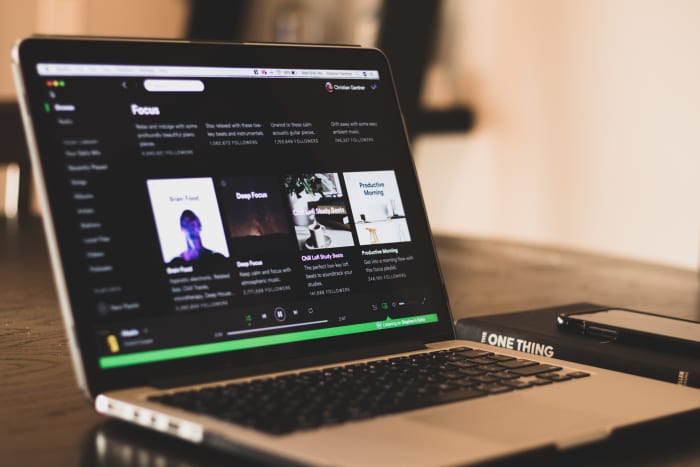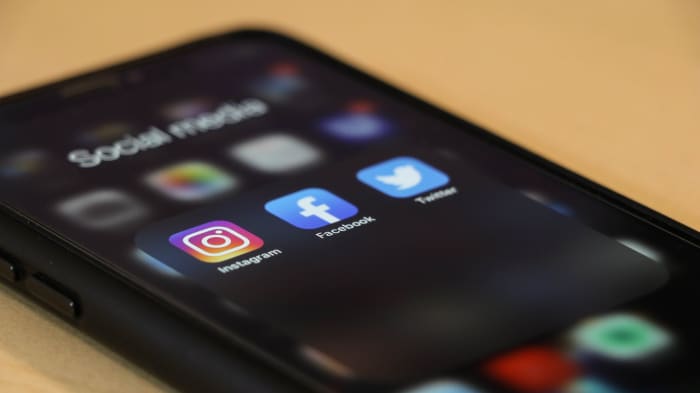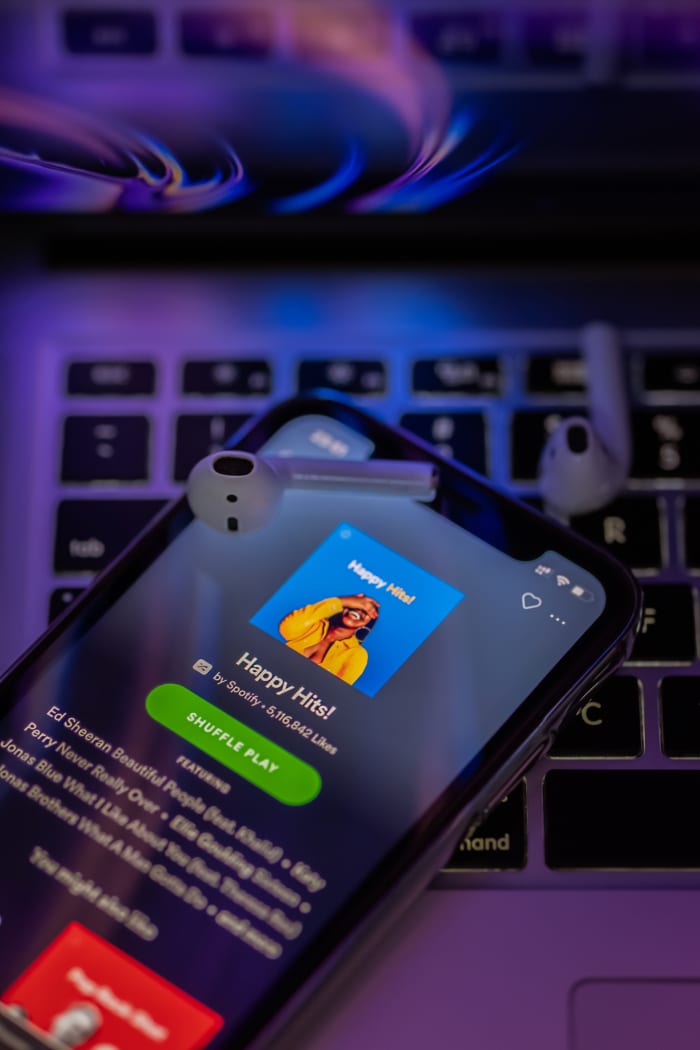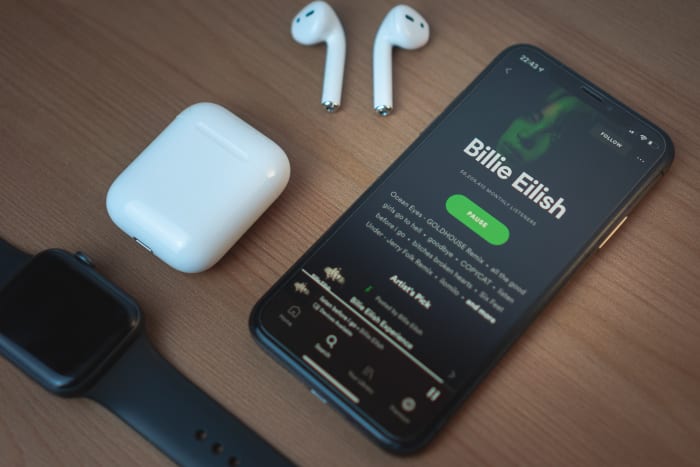Table of Contents
“What genre of music do you play?”
As an aspiring musician with ‘genre-fluid’ tastes, it’s a question that can throw you for a loop.
What do you call music that sidesteps the usual musical categories altogether? If it’s hard to label, can you still market it, especially as an independent or emerging musician?
This is a guest post – written by singer-songwriter and writer, Philippe de Pontet – whose music you can check out here.
Do Musical Genres Actually Matter Anymore?
Industry experts argue that genre is no longer relevant in today’s music ecosystem that is dominated by playlists, algorithms and social media.
In fact, the nation’s most respected magazine, the New Yorker, has pronounced the demise of genre as a major paradigm shift in recent feature pieces. Music publications like Pitchfork and Rolling Stone have also weighed in on the topic, generally welcoming ‘de-genrefication’ as a breath of fresh air for musicians and listeners alike.
Billy Eillish captured this sentiment in an interview with Billboard, saying:
The hope is that a new paradigm will unleash genre-bending creativity, allowing musicians to break out of stale silos and experiment with new styles.
Mega-stars like Taylor Swift, Eillish and Lil Nas X have tested the boundaries of genres, finding larger audiences by creating new genres by lending older ones.
Millennials, Generation Z ‘ers and curators identify less and less with genres, instead categorizing their musical tastes by mood, lyrics, and cultural signifiers that speak to identity.
The World’s 3 Most Popular Songs That Defy Genres

Can A Musical Genre Die?
I would argue the demise of genre has been heavily overstated.
If we look closer, we see that we are not witnessing the death of genre so much as its hyper-segmentation; one driven by algorithms and niche marketing.
Spotify now identifies exactly 5071 genres, which it uses to categorize and market its enormous library. This proliferation shows no sign of slowing, even if the notion of what makes up a genre may be morphing.
If genres are withering away, the music industry must be the last ones to hear about it. Despite the hype, marketing is still dominated by genres and delimited by algorithms that reinforce.
Hyper-segmentation of genres is directly tied to another big trend gripping the industry: the dependence on algorithms in music promotion and discovery.
Playlists, social media and streaming have not quite replaced radio and DJs, but still dominate the market and have become the de-facto gatekeepers in a decentralized landscape.
All of these are permeated by algorithms.

How Algorithms Have Affected Music
Spotify is now reaching half of the country’s 16-24 year olds and streaming accounts for 40% of recorded music income and 70% of consumption.
Over 50% of the 18-29 demographic finds new music through Apple Music or Spotify (compared to 37 % of the general US public) and 45% do so from social media.
Spotify’s paid subscriptions have more than tripled since 2016, with well over 100 million customers.
Apple is on a similar, albeit smaller trajectory.
Scroll to Continue
Those are some fast and easy numbers that quickly show the drastic impact algorithms have had on music discovery in the past few years alone.

Social media is the other big player in the new ecosystem.
Like streaming services, it is permeated by algorithms that reinforce the splintering, not the death, of musical genres for marketing purposes, creating a feedback loop that reinforces the standardization of genres.
Given this, the heady talk of is death of genres is misplaced and misleading, reducing the space for artistic freedom into smaller niches and long-established templates, which only hurts emerging artists.
The Atlantic Monthly, in a piece titled “Is Old Music Killing New Music?” argues algorithms not only aren’t rewarding original music but crowding it out with proven, often stale, genre-based models.
True, some established artists find success in mixing and matching genres in new ways, but that is nothing new. Meanwhile, the industry itself remains centralized around genres and ever-expanding sub-genres almost entirely for marketing purposes.
Damian Keyes does another fantastic breakdown of this exact topic, which I highly recommend.

Why Do People Not Care About Music Genres?
This stubborn reality persists despite the growing evidence that younger audiences are, in fact, thinking less and less in terms of genre.
Their playlists are organized around moods, themes, memes, lyrics and identity, all of which criss-cross traditional music labels and categories.
Savvy musicians, play-listers and bloggers have found ways to capitalize on this shift, but the industry as a whole has been slow to grasp the trend, in part because its dependence on algorithms is reinforcing not only genres but the kind of hyper-genrefication we now see at Spotify.
Spotify identifies 7 different sub-genres for Electronic Dance Music (EDM) alone.

How Algorithms Hurt The Music Industry
At the other end of the spectrum, the algorithmic pressures can crowd out new and original music altogether, especially where artists do not yet have much of an critical mass of followers on social media to use as ‘social proof.’
Social media platforms like Facebook, TikTok, YouTube and Instagram are dominated by algorithms that promote ‘proven’ content, styles and artists in a feedback loop that tends to marginalize new voices and/or place them into splintering sub-genres based as much on marketing potential as musical content.
Algorithms reward repetition and herd new music into fragmented micro-niches tailored to marketing demographics.
There is very little indication that these trends will abate any time soon.
If anything, we seem to be headed towards an ever-growing reliance on artificial intelligence to outsource the entire process to such automation, from discover to promotion and everything in between.
It is not hard to imagine a future where AI predicts and dictates our own tastes for us.
In fact, that future is already here in many ways; witness how Alexa and Siri have wormed their way into music exploration in recent years.
The Future Of Genres In Music
Where does all of this leave musicians and the industry as a whole?
Despite the doom and gloom across the industry for years, both before and during the streaming era, not all of the trends are negative. After all, 2021 was (kind of) the most profitable year for the industry ever, with $25.9 billion in revenues.
Record labels are bouncing back, notching 10% annual growth in recent years. Streaming platforms like Spotify and Apple Music, are highly profitable – just not for the vast majority of artists.
Spotify has tried hard to counter that criticism in its latest “Loud and Clear” annual report, highlighting trickle down benefits to independent musicians on the platform.
The report is full of revenue stats for independent artists, for example highlighting that 203,000 artists made a $1000 or more, and 15,140 self-released artists made $10,000, and so on.
It also notes that there is less concentration at the top of the industry now versus in the CD age, with more revenue opportunities beyond the mega stars who now comprise 12% of streams now versus 25% of CD sales back in the day.
Philippe de Pontet is a singer-songwriter and writer. Check out his music here

